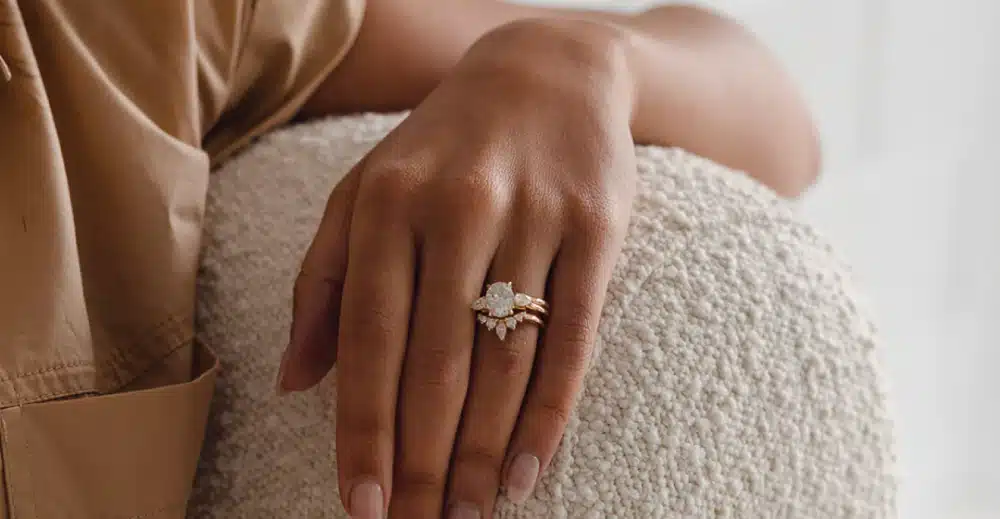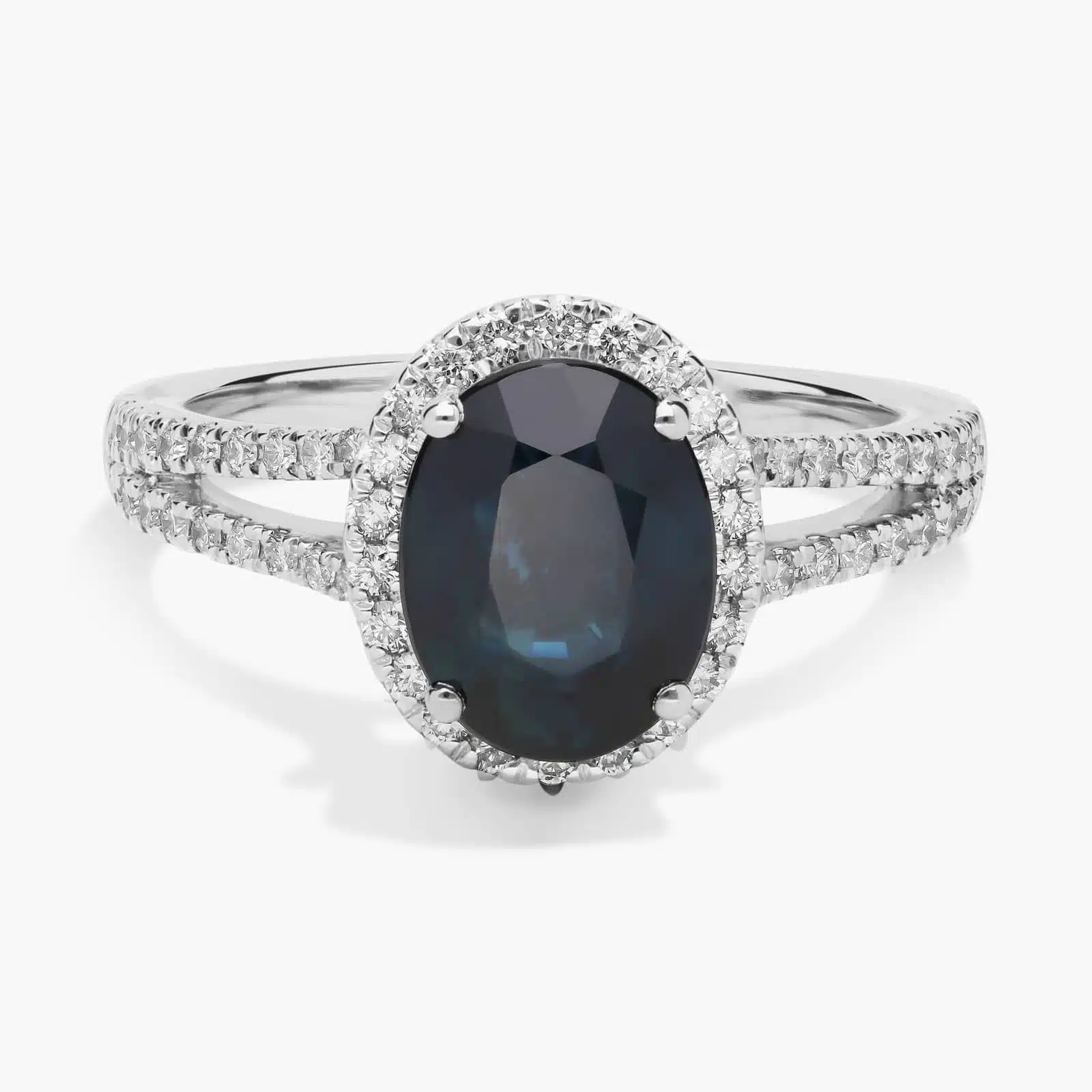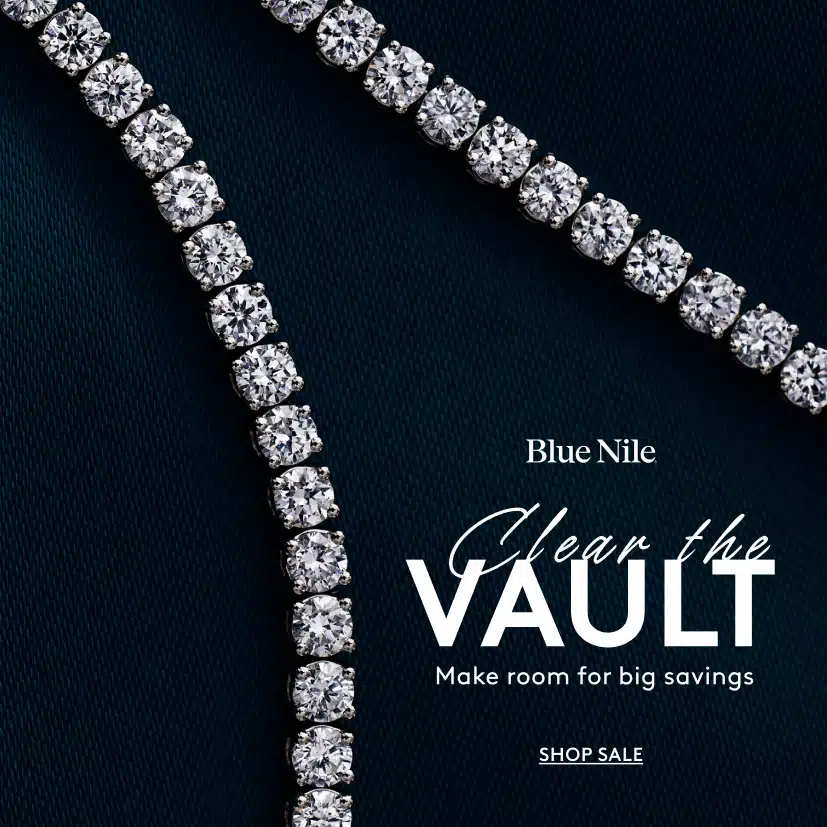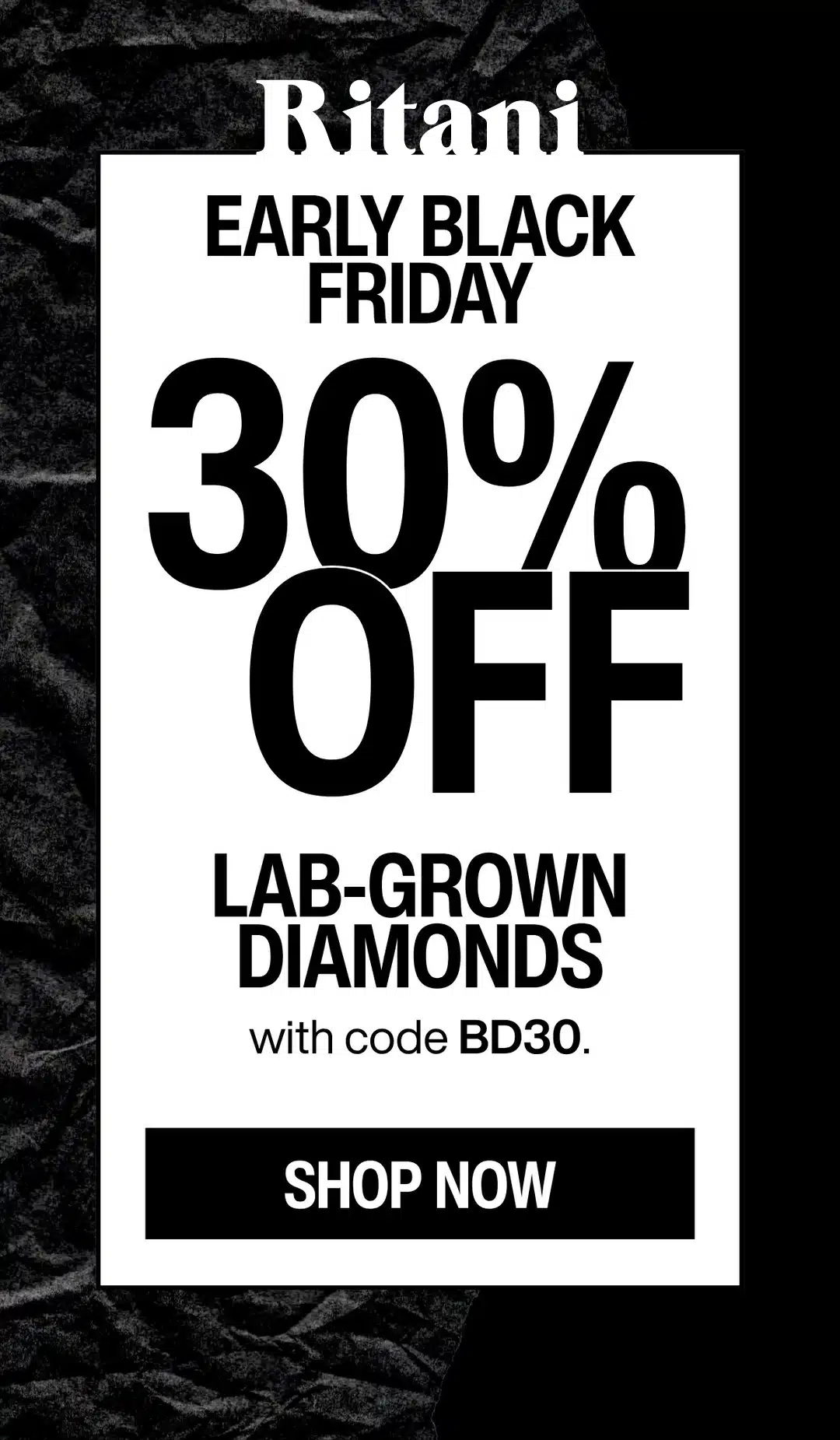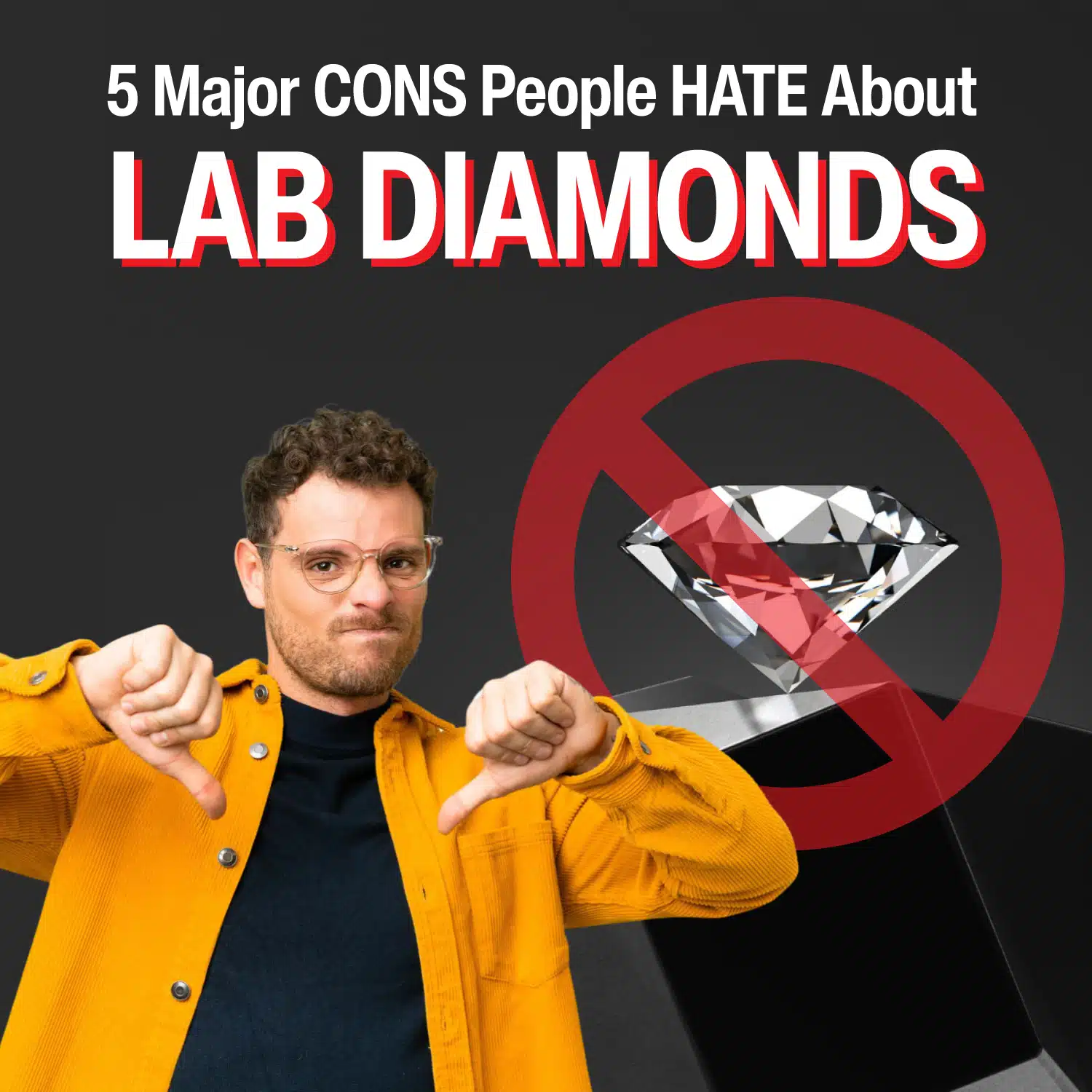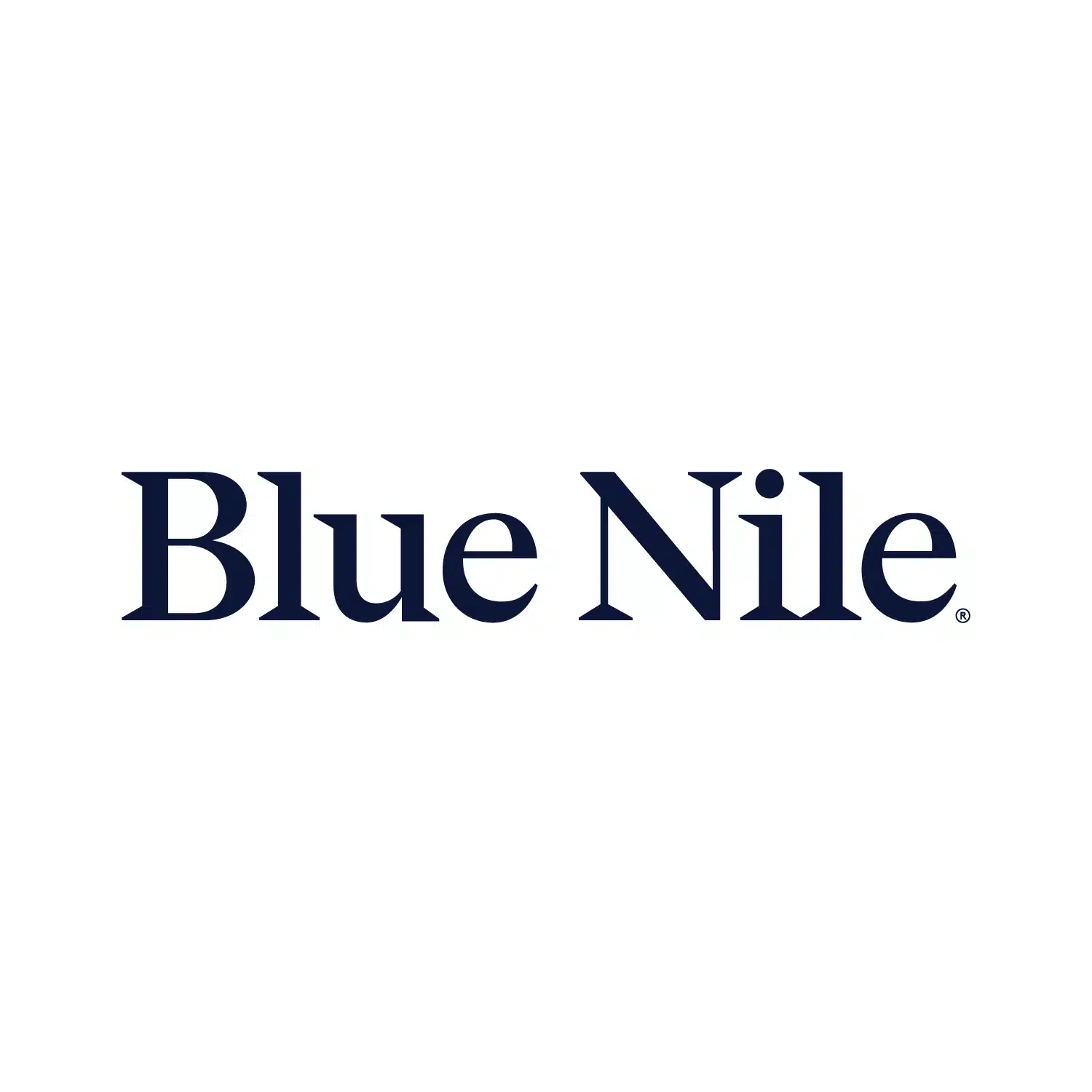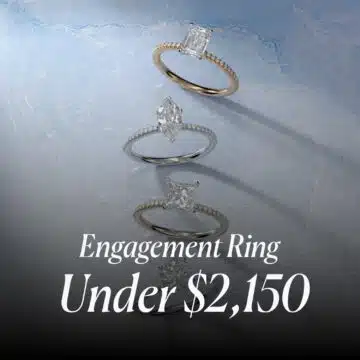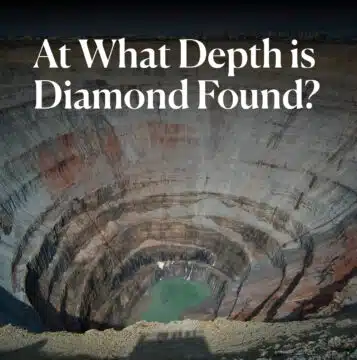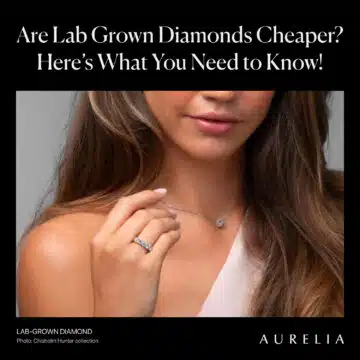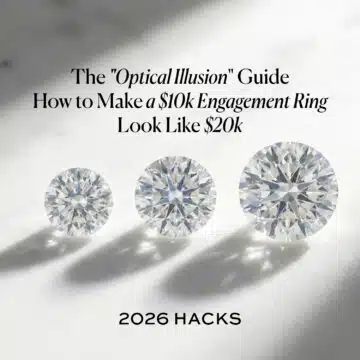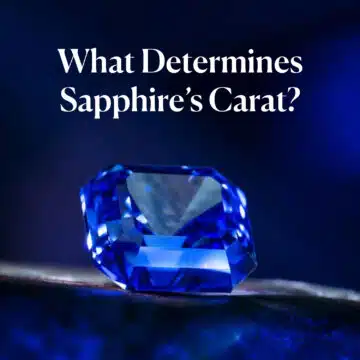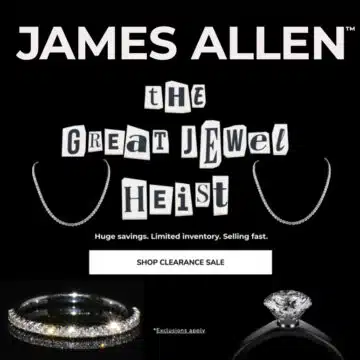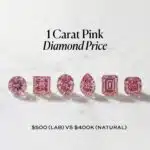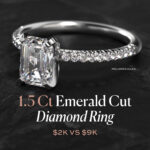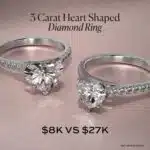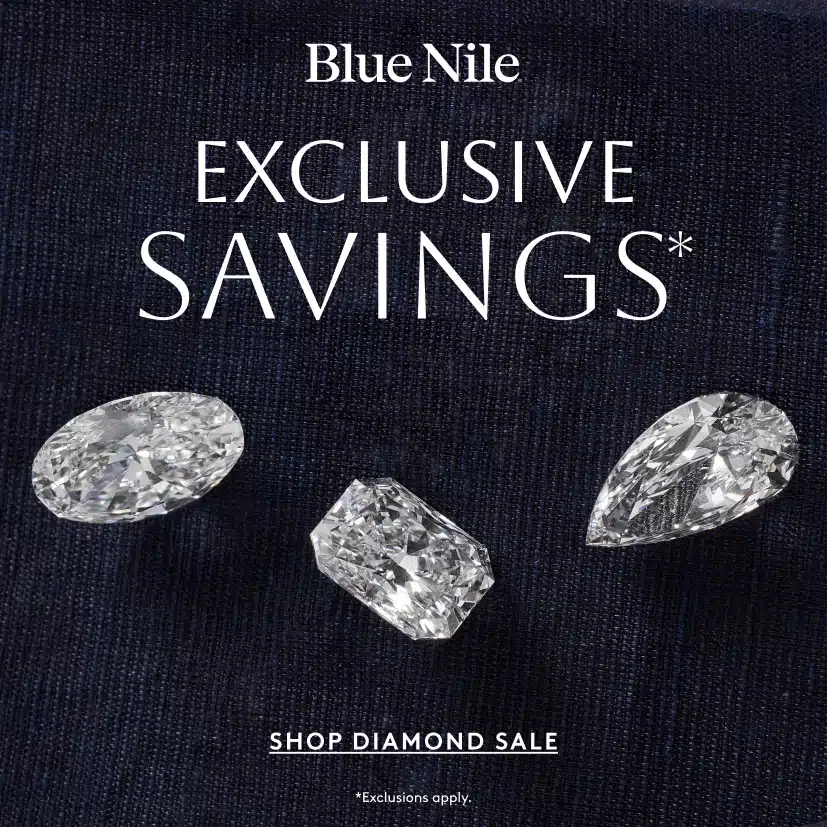Expert Quick Take: The 2026 “Commodity” Truth Bomb
In 2026, we’ve hit the “Lab Ruby Era.” In my years of grading, I’ve seen lab diamonds go from high-tech disruptors to “luxury commodities” that lose 95% of their value the second you leave the store.
The brutal truth? Lab diamonds are no longer rare; they are manufactured in massive industrial quantities in China and India, often powered by coal, not “green” energy. If you are buying a lab diamond as an “investment,” you are making a catastrophic mistake.
In 2026, you aren’t buying a gem; you are buying a precision-manufactured product—much like a high-end smartphone—that will be replaced by a cheaper, better version in 18 months.
The 2026 Lab Diamond Strategy
Lab-grown diamonds are chemically and physically identical to mined diamonds but are created in industrial reactors. For 2026, while they offer massive visual “wow” for the price, the market has matured into a state where they are treated as “disposable luxury” rather than heirloom assets.
Decision Snapshot: Which 2026 Path is Yours?
| Buyer Persona | Recommended Strategy | Expert ROI Verdict |
|---|---|---|
| The “Big Rock” Enthusiast | 3ct+ IGI-Certified Lab Diamond | Maximum. Get the $30k look for $1,200. In 2026, treat this money as spent on a luxury good, not a financial investment. |
| The Traditional Heirloom-Seeker | Natural Diamond (GIA Triple Ex) | High. Natural rarity provides the only historical floor for long-term value and heirloom prestige. |
| The Eco-Conscious Skeptic | “Certified Climate Neutral” Lab Stone | Med-High. Only buy from vetted brands using renewable energy to avoid the “Green-washing” trap. |
| The Budget Modernist | 1ct D-Color / VS2+ Lab Diamond | Elite. Best “bang for buck” for daily wear under $400 where resale value doesn’t matter. |
| The 2026 Strategy Verdict: The price gap between natural and lab-grown diamonds has widened significantly. If you want the absolute best cut and brilliance on a budget, lab-grown is the winner. However, for a true engagement heirloom meant to hold a piece of history, GIA-certified natural diamonds remain the gold standard. | ||
Deal Alert: Fast-Shipping Gifts — Up to 50% Off* fine jewelry at Blue Nile !
One In A Lifetime Sale: “Clear The Vault” – Get up to 70% OFF on select jewelry at Blue Nile !
Exclusive Offer: Flash Sale on James Allen Up to 40% Off * Sitewide engagement ring settings & Fine Jewelry at James Allen .
Even though lab grown diamonds gained its popularity in recent years, there are few reasons why people really hate about lab diamonds. However, they also have certain disadvantages that might turn a buyer off, despite their benefits — from lower costs and environmentally friendliness to ethical sourcing.
If you find yourself glimmering with intrigue at the thought of lab diamonds but want to be conscious of their pitfalls, make sure to consider the bigger picture.
At Aurelia, my background in diamond education stems from decades of expertise working with GIA trained professionals so I wanted to balance things out and tell you why some people are hesitant about lab diamonds. In this guide we will explore 5 reasons why people are torn.
As you read through this, you might be wondering what resale challenges come up, where to sell lab diamonds or just want a side-by-side comparison — whatever it is that you are looking for this break down best resembles the one stop shop needs.
Diamond IQ Test: Natural or Lab-Grown?
Two identical diamonds: GIA Certified, 1.51ct, D Color, VVS1, Ideal Cut. One is natural ($16,530), the other is lab-grown ($2,390). Choose the diamond you like better and see if you can match it to its origin.
We are diving into what some people may hate about lab diamonds. and everything you should know prior to the purchase.
1. Limited Resale Value
The biggest hated thing among people regarding lab diamonds is their low resale value. Lab-grown diamonds rarely hold any value in the traditional resale market, as opposed to natural ones.
Jewellers and pawn shops generally have little interest in purchasing lab diamonds, offering only a fraction of the original price when they do make an offer. Most jewelers still prefer to deal in natural stones so this limits the resale market.
Conversely, while natural diamonds usually present marginally improved resale prospects, they too provide a lackluster performance when it comes to returns. Sellers of natural diamonds typically only obtain around 20-50% of the value as sold new, subject to quality and market demand for particular stones. This is by no means the best return but it is generally higher than lab diamonds will ever get.
To solve these problems that exist, some of the best online retailers will offer trade-in policies for lab diamonds. With these programs, you get to trade up for a bigger or better stone with a little extra cash — typically twice the amount paid at first.
Because this option enables buyers to take advantage of lab diamond upgrades with the passage of time while also avoiding a total loss on their initial investment, it offers an incredibly valuable alternative to traditional resale.
Natural vs. Lab-Grown Diamonds: Understanding the Differences
Because both natural and lab grown diamonds each form via their own distinctive processes, they actually end up possessing different qualities. Under high pressure and heat, those natural diamonds were formed deep in the Earth, while lab-grown diamonds are created through advanced technological processes which mimic the conditions of nature.
Though lab-grown diamonds can be produced through High Pressure High Temperature (HPHT) or Chemical Vapor Deposition (CVD) processes — and therefore will have different growth morphologies as well as crystal shapes. Here are the comparisons to help you understand these processes:
| Growth Process | Typical Morphology | Growth Directions | Mehedi’s 2026 Verdict |
|---|---|---|---|
| Natural Formation | Shape: Octahedron | 8 Directions | The Original. Formed over billions of years; the 8-directional octahedron is the blueprint for all GIA-certified natural diamonds. |
| HPHT (High Pressure) | Shape: Cuboctahedron | 14 Directions | The Hybrid. This complex 14-directional growth mimics deep-earth pressure, often resulting in “Ideal” lab diamond clarity. |
| CVD (Vapor Deposition) | Shape: Cube | 1 Direction | The Specialist. Grown layer-by-layer in a single direction; requires precise post-growth cutting to achieve maximum fire. |
| The 2026 Science Verdict: While HPHT and CVD processes result in different raw shapes, the finished, polished lab-grown diamond is chemically and optically identical to a natural one. To the naked eye, a 1-carat CVD diamond and a 1-carat natural stone are indistinguishable; only advanced lab equipment can detect these original growth patterns. | |||
This table provides a straightforward comparison, helping you identify each diamond type based on its growth structure and morphology. Whether you’re exploring diamonds for an investment or personal adornment, knowing these details can guide you toward the perfect choice.
2. Perception Issues: Misunderstandings Around Lab Diamonds
Lab diamonds have gained a lot of hate due to myths and misunderstandings. But since lab diamonds have only recently become available, there is still some confusion and stigma surrounding these stones. Here are some perception challenges that make this difficult:
Lab diamonds are NOT “fake” diamonds.
Because of the phrases lab-grown, people feel that lab diamonds are artificial or imitation stones (like cubic zirconia or moissanite). But this misconception is false; lab diamonds are exactly the same with natural diamonds in chemical and structural composition.
Likeness to Natural Diamonds in terms of Chemistry and Optics
Just like real diamonds, lab grown diamonds have the same composition, beauty and hardness which means they appear and work exactly like natural beviles. The only distinction between the two is their origin; lab diamonds are manufactured in a controlled environment rather than occurring in nature.
With More Awareness Comes Better Understanding — and Perception
As lab diamonds (and the lab diamond market) gain more notoriety, their perception slowly goes away as knowledgeable individuals recognize their advantages you will find that most people are educated to attempt to combat precisely what a diamond – both one appreciated colourlessly and in terms of its value itself.
Lab diamonds are gaining traction due to factors such as ethical sourcing, environmental sustainability, and affordability. This change is leading people to recognize lab diamonds as a justifiable, valuable substitute for naturally occurring diamond.
And as knowledge increases, lab diamonds are gradually breaking free from previous misconceptions and become an accepted item in the market.
Best Deal Of The Year – Final Days
Blue Nile’s “Clear The Vault” is ON.
Shop Fine Jewelry Upto 70% OFF.
*Exclusions may apply. See Blue Nile for complete details.
3. Limited Availability in Physical Stores

A common frustration among those who hate about lab diamonds is their limited availability in physical jewelry stores. Many jewelers in your area do not carry lab diamonds or only have a limited assortment since they primarily focus on natural diamonds. This can be hard for buyers who like to see and touch their diamond face-to-face before purchasing.
Great thing about shopping online is that it provides more options and better prices for lab diamonds. Most online retailers have a wide variety, enabling buyers to compare thousands of stones with various shapes, sizes and qualities—all for good prices. With this wider pool of options, buyers can find the perfect lab diamond to suit their personal preferences and their wallets.
You can find Good quality lab grown diamonds in both James Allen and Blue Nile at a reasonable price.
At Aurelia, we realise that purchasing diamonds online can be intimidating and complex at times, which is why we are here to help you every step of the way. With everything from comprehensive educational materials, to one-on-one assistance, we make sure you are well-versed in your online diamond purchase.
We want you to be able to choose the style and specifications of your stunning quality lab diamond for yourself, without being constrained by a local jewelry store.
4. Confusion with Synthetic or “Fake” Diamonds
Lab diamonds get a hate for many reason but one is constant confusion of lab diamond with synthetic or fake diamonds. It is a common notion that lab-made diamonds are the same as cubic zirconia and other diamond simulants, which are inexpensive and have disparate chemical composition compared to natural diamonds. Such a misconception may discourage buyers and trigger unnecessary doubts.
Just to be clear, lab diamonds are real diamonds that share the same physical, chemical and optical properties as natural ones. They are synthesized in these controlled conditions to mimic the natural formation process of diamonds and end up being so similar that most would be unable to tell apart a mined diamond from a lab one.
Here’s a quick comparison to help illustrate the difference between lab diamonds and synthetic or fake diamonds:
| Feature | Lab-Grown Diamond | Diamond Simulants (CZ / Moissanite) | Mehedi’s 2026 Verdict |
|---|---|---|---|
| Chemical DNA | 100% Pure Carbon | Silicon Carbide or Zirconium Oxide | Real vs. Lookalike. Lab diamonds are chemically identical to natural ones; simulants are entirely different minerals. |
| Hardness (Mohs) | 10 (Indestructible) | 8.5 (CZ) to 9.25 (Moissanite) | The Durability Gap. Only a diamond can scratch a diamond. CZ will cloud and scratch over time, while moissanite remains highly durable. |
| Optical Sparkle | Refractive Index: 2.42 | Refractive Index: 2.15 (CZ) to 2.65 (Moissanite) | The “Fire” Test. Moissanite actually out-sparkles diamonds with “double refraction,” creating a rainbow effect that lab diamonds don’t have. |
| Investment Strategy | High visual ROI; permanent heirloom quality. | Best for travel rings and fashion jewelry. | The 2026 Choice. Choose lab diamonds for the “Diamond” title and prestige; choose Moissanite for the biggest sparkle per dollar. |
| The 2026 Comparison Verdict: Do not let marketing jargon fool you. A “synthetic” or “simulated” diamond is not a lab-grown diamond. If you want a stone that will pass a jeweler’s thermal tester and last for generations without a scratch, invest in an IGI or GIA-certified lab diamond. | |||
Educating others about the unique qualities of lab diamonds is essential to dispel these misunderstandings. With increased awareness, more people are coming to appreciate lab diamonds for their authenticity, affordability, and sustainable origins.
💍 Limited Time: Forge your perfect ring! Get up to 20% OFF engagement ring settings at James Allen!
✨ Conscious Value: Save on brilliance! Lab-Grown Diamonds are now up to 10% OFF at James Allen.
🔥 Flash Sale:
Huge inventory blowout! Save
5. Not as Established in the Market
Another reason people hate about lab diamonds is their relatively recent entry into the market. Lab diamonds on the other hand, have not been around for hundreds of years but rather millions of years and thus maintain less sentimental value than natural diamonds. Here are some takeaways:
- Recent Popularity Surge: Man-made diamonds only became popular in the last 10 years, whereas natural diamonds have existed for much longer.
- Perception as a Newer Option: Part of the problem is that, while sales have increased, many consumers still really see lab diamonds as an alternative rather than a common choice so they hesitate to buy lab diamonds when others prefer natural ones due to the tradition.
- Growing Market Acceptance: Although lab diamonds are still pretty new, they are gaining acceptance in the market. With consumer education leading to changing perceptions, more retailers are featuring lab diamonds to appeal to a wider base.
The status of lab diamonds as a legitimate choice in the diamond market is solidifying with every passing year as awareness and understanding grows.
Conclusion: A Balanced Perspective on Lab Diamonds
To conclude, there sure are a few things here one may hate about lab diamonds but we must not forget the long list of advantages they come with as well. Many consumers are attracted to lab diamonds because they are cheaper, more ethically sourced, and similarly beautiful.
So as a GIA expert affiliated with Aurelia, I would recommend you to acknowledge the beauty of lab diamonds since lab made diamonds are not only second choice but also genuine option for your next diamond purchase.
If you are fully prepared, supported and informed, you’ll have no problem navigating the diamond market in order to find a beautiful lab diamond that is not only within your price-range but also aligns with your stylings.
So just know, if you’re interested in the possibilities that might lay ahead for lab diamonds, Aurelia will always have your back. We hope to help you make an informed, lifetime decision.
Blue Nile is one of the biggest and most recognized online jewelry retailers, offering an extensive and exclusive inventory. Their high-resolution images are improving and getting closer to the quality offered by James Allen, while their prices remain highly competitive. Right now, Blue Nile offers up to 30% savings on jewelry during a limited-time sale.
WHAT WE LOVE ABOUT THEM:
- 30-day no-questions-asked return policy, with a prepaid shipping label provided by Blue Nile.
- Lifetime warranty on all purchases.
- Free shipping on every order.
- Complimentary services every six months, including prong tightening, repolishing, rhodium plating, and cleaning.
- Insurance appraisal included with your purchase.
- One free resizing within the first year.
- High-quality images available for roughly half of their diamond selection.
- 24/7 customer service support.
- Full credit toward future upgrades, as long as the new item is at least double the value.
- Best-in-class order fulfillment process.
James Allen is a top leader in online diamond sales, offering cutting-edge imaging technology that lets you inspect diamonds as if you were using a jeweler's loupe. With the largest exclusive selection of loose diamonds available online and excellent pricing, they also boast one of the finest collections of lab-created diamonds on the market. They currently run a 25% discount on selected lab-grown diamonds!
WHAT WE LOVE ABOUT THEM:
- 30-day no-questions-asked return policy, with a prepaid shipping label provided by James Allen.
- Lifetime warranty on all purchases.
- Free international shipping.
- Complimentary prong tightening, repolishing, rhodium plating, and cleaning every six months.
- Insurance appraisals included with purchases.
- One free resizing within 60 days of purchase.
- Free ring inscriptions available.
- Best-in-class high-quality imagery for every diamond in stock.
- 24/7 customer support.
- Premium, best-in-class packaging.


